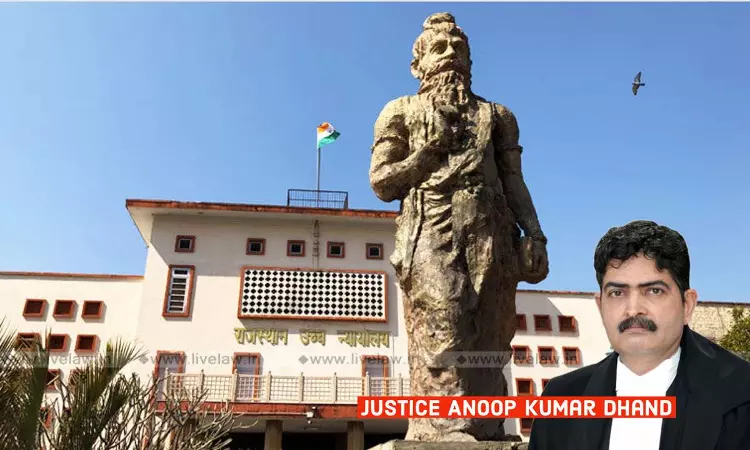Maternity Leave Can't Be Denied To Mother Who Has Begotten Children Through Surrogacy: Rajasthan High Court
Sebin James
8 Nov 2023 7:01 PM IST

Next Story
8 Nov 2023 7:01 PM IST
In a significant order, the Rajasthan High Court has clarified that a natural biological mother, and a mother who has begotten a child through surrogacy cannot be differentiated for the purpose of granting maternity leave.The single-judge bench of Justice Anoop Kumar Dhand also opined that babies newly born through the process of surrogacy cannot be left at the mercy of others, and they...
